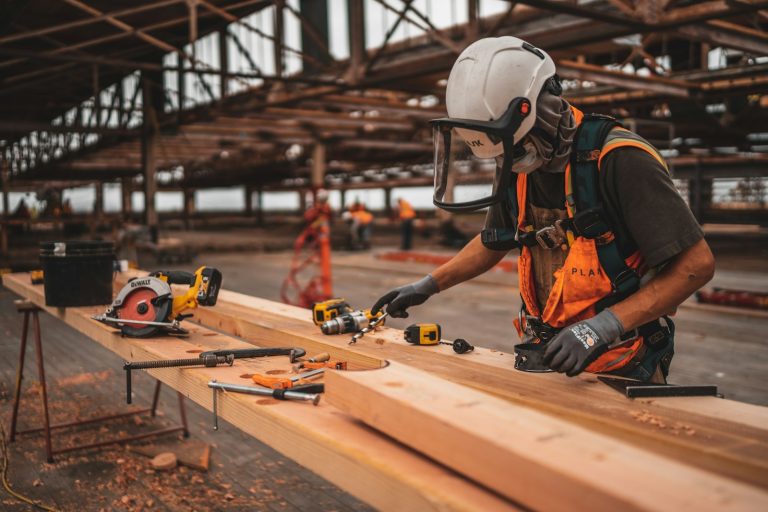Construction projects are known to be time-consuming and costly, and they often go over budget in terms of dollars and time. When a construction crew can increase their efficiency, everyone involved in the entire project benefits.
How do construction workers become more efficient? Here are some of their secrets.
1. They use efficient components
Certain components can make construction jobs more efficient. For instance, one of the most time-consuming, frustrating experiences on a job site is when an attachment needs to be changed and the new attachment can’t be connected because the quick couplers won’t push together.
The main cause of this problem is trapped pressure on the implement side. There’s no way around this – operators have to stop and bleed the line to get rid of the pressure in order to connect the new attachment.
Using quick connect hydraulic couplers designed to connect under pressure makes changing attachments a breeze. It also makes the task safer because high-pressure fluid injection injuries are serious and can be fatal.
Another excellent component that constructions use nowadays is concrete temperature sensors, which are very helpful in monitoring the temperature of freshly mixed concrete at various locations. With this device, it helps strengthen the concrete mix and curing.
2. They leverage technology
Today, almost nothing is done manually when it can be managed in an app. It’s just not efficient to hang on to manual methods for things like plans and documents.
To increase workflow efficiency, construction teams use all kinds of software to keep track of project tasks, deadlines, milestones, goals, and notes. It’s the only way to ensure everyone on the team has access to the most up-to-date version of the project’s plan.
Construction-specific software provides a variety of benefits, including:
- Data insights regarding equipment usage and downtime
- The ability to remotely track and manage machinery
- The ability to create field reports in real time through mobile apps
- Reduces delays that stem from people working in silos
- Facilitates seamless collaboration on documents
These are just a handful of examples. There are also apps to manage machinery fleets, fuel consumption, and so much more.
3. They maintain equipment regularly
Regular maintenance for machinery is an absolute must when efficiency is the goal. A construction team cannot get the job done with equipment that is failing, needs to be serviced, or running sub-par. Also, the cost of replacing neglected machinery is high.
Routine maintenance usually involves:
- Lubrication
- Safety inspections
- Oil changes
- Tire inspections
- Fluid level checks
- Checking the parking brake
Preventive maintenance looks for potential issues that are expected to occur based on the machine’s age and usage. For instance, certain parts tend to fail around a certain mileage point.
When a critical piece of machinery goes down unexpectedly, it interrupts the entire job and can postpone the completion date by weeks or months. It takes extra time and money to rent another machine in the meantime, and then it costs even more to pay for the repairs to the original machine.
With regular maintenance, downtime can be controlled for the most part because machines can be scheduled for service ahead of time. Granted, there will always be the possibility of unexpected breakdowns, but scheduled maintenance will take care of the preventable issues.
4. They provide thorough training
Thorough employee training is fundamental to efficiency in any industry, and construction is no exception. For example, employees who don’t know any better might push equipment too far or ignore safety requirements. They might make mistakes that hold a project back that someone with proper training would never make.
Since construction is a general industry, it’s crucial to provide job-specific training because not everyone is going to be fully trained to do everything you could ever need. Skipping thorough training not only increases the chances of an accident, but it compromises the entire job (and can kill client trust).
5. They improve documentation periodically
Good documentation is a key component to maintaining efficiency. Documentation will be referenced periodically and needs to be as accurate as possible. For instance, if you have documentation on protocols to follow when working on certain types of jobs, it’s important to make updates when certain materials are banned or certain processes have extra requirements to implement that didn’t exist before. This is the only way to avoid legal trouble for not following laws and regulations.
Construction is known to be slow, but it doesn’t have to be that way
The bottom line is that efficiency is the key to generating higher profits. Although only a small number of construction jobs get completed on time, the teams that deliver results on time tend to have the highest levels of efficiency. It’s a goal any team can achieve with the right tools and training.



0 Comments